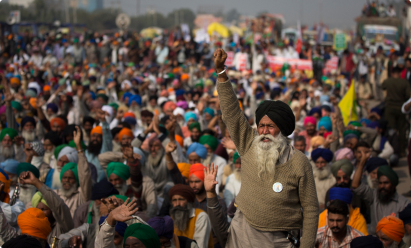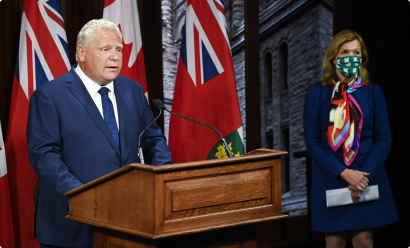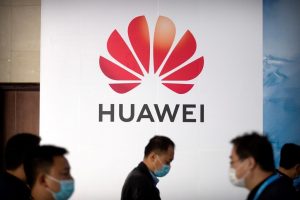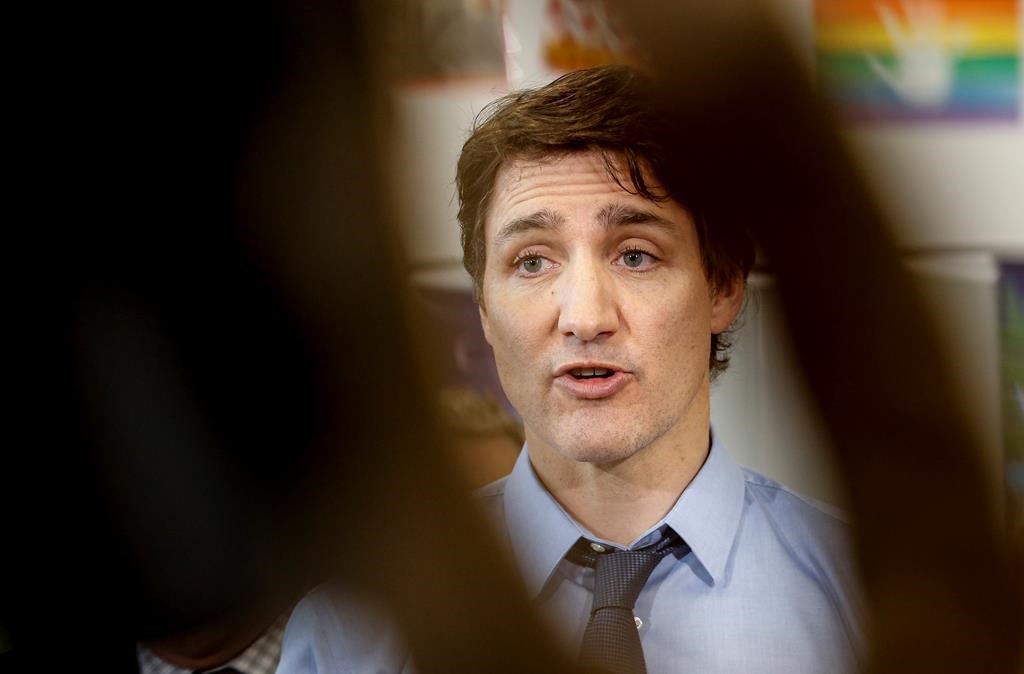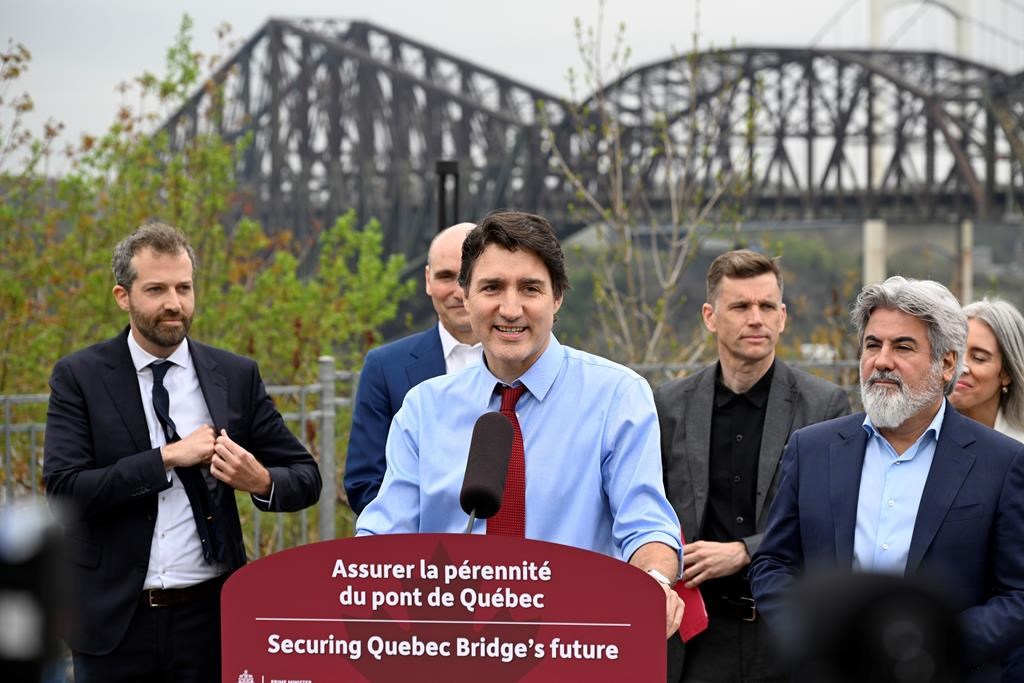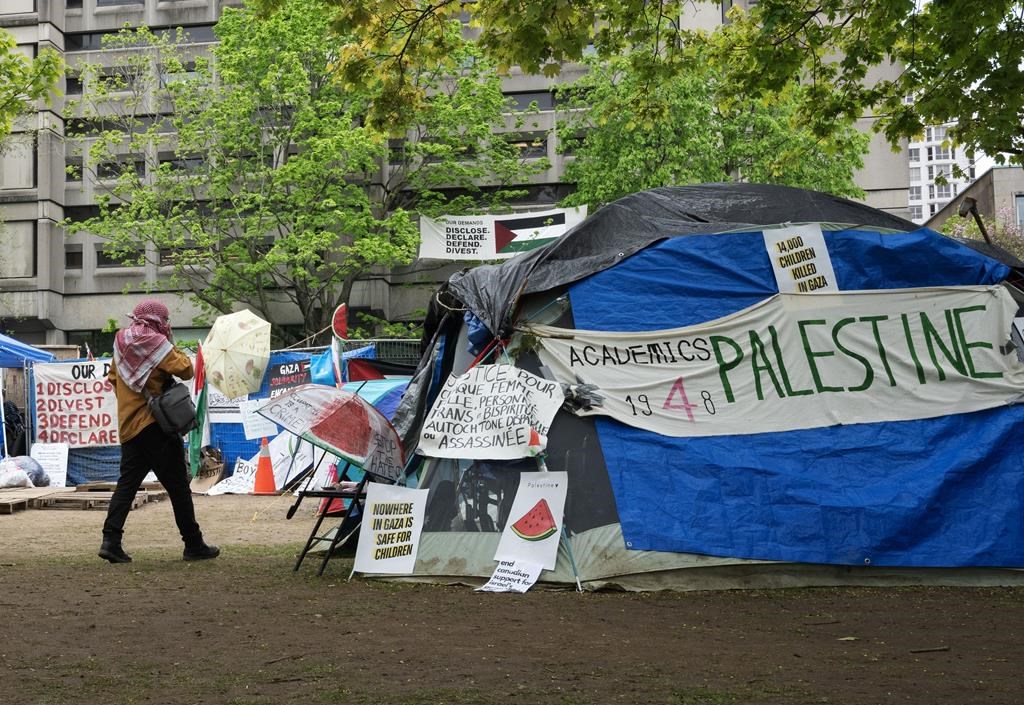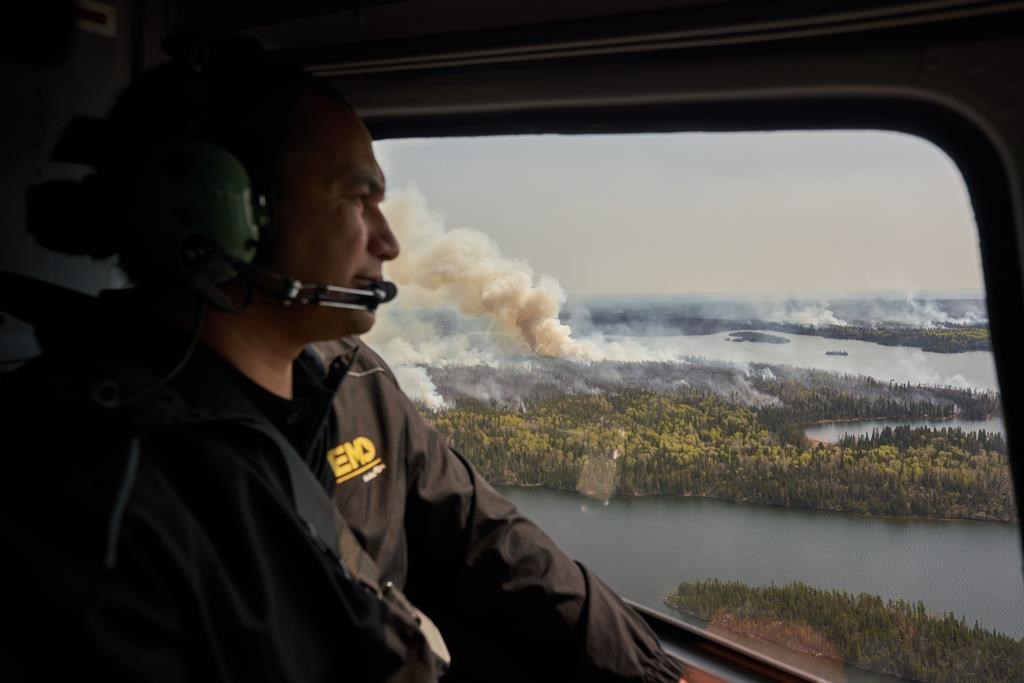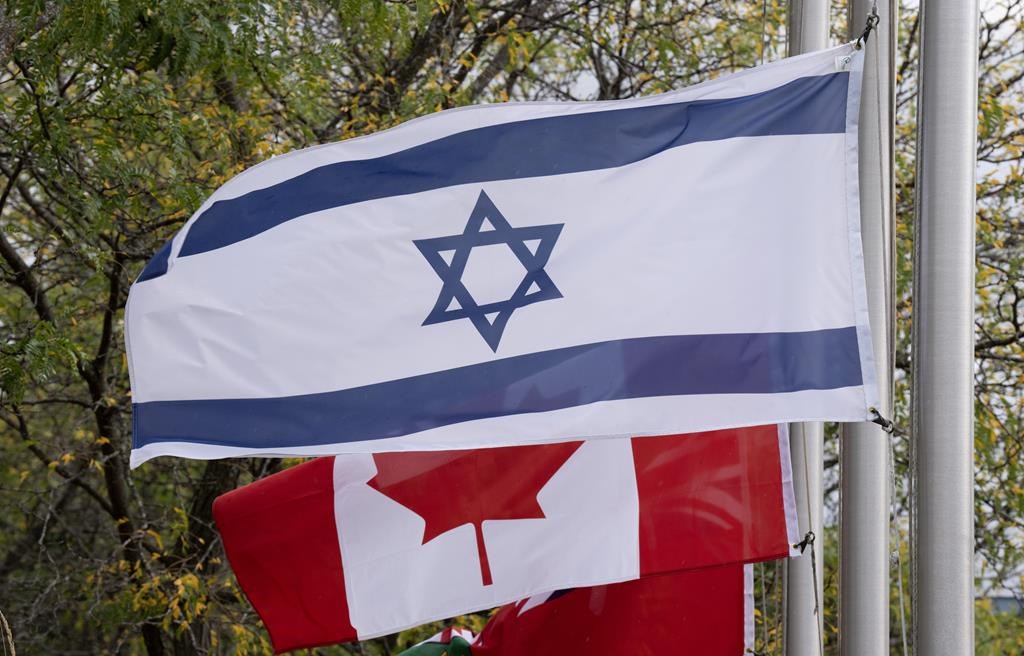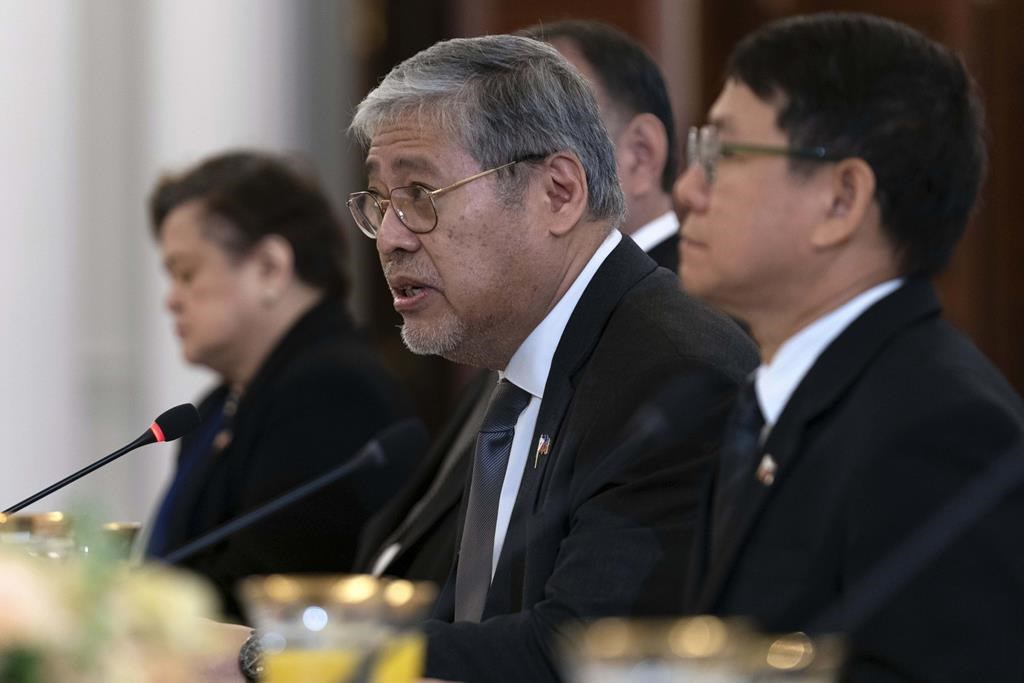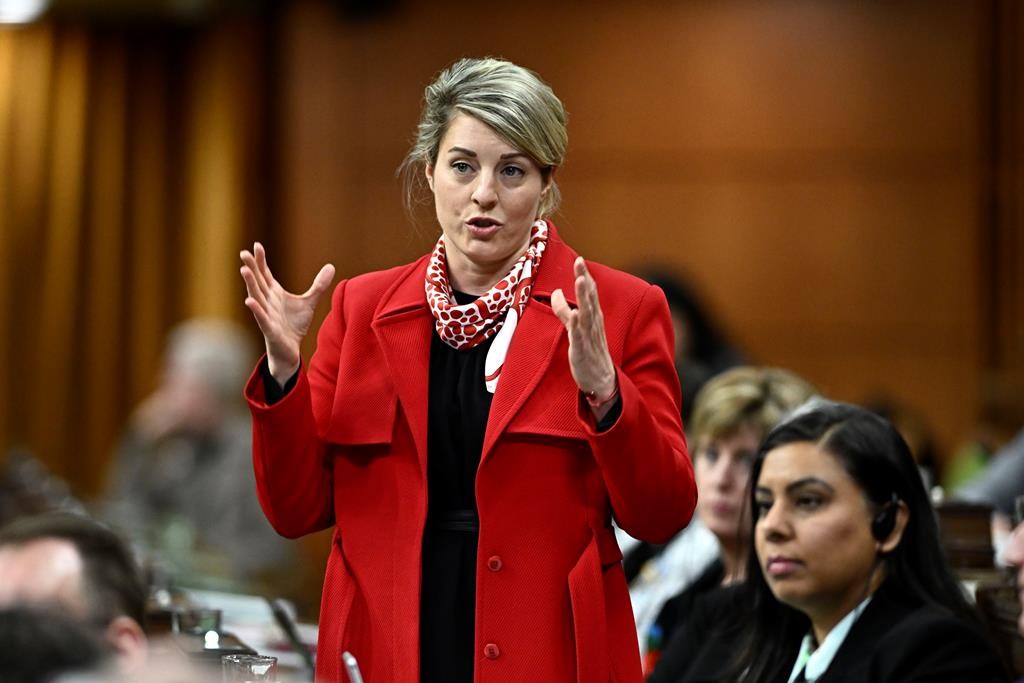A non-binding motion was passed in the House of Commons last week, calling on the Liberal government to take action and strengthen foreign policy with regards to China.
Lead by Conservative foreign affairs critic Michael Chong, the motion demands an official stance on tech giant Huawei’s involvement in Canada’s 5G network to be tabled in the next 30 days and create a concreate plan to “combat China’s growing foreign operations here in Canada and its increasing intimidation of Canadians living in Canada.”
Vote result: @CPC_HQ #OppositionMotion (Foreign policy toward China) was adopted. #cdnpoli
Yeas: 179 ✅
Nays: 146❌ pic.twitter.com/bIGKfR7Bjn— In the Chamber (@HoCChamber) November 18, 2020
In an interview with OMNI Television, commentator Edward Liu shared his thoughts on the Conservative motion and the pressures it puts on the Liberal government.
Even though it’s non-binding, Liu said the fact that all opposition party members voted in support of the motion points towards a general consensus among the opposition and general public that Canada’s existing foreign policy on China is not working.
“Canadians expect the Liberal government to uphold our democratic norms and respect the will of Parliament by taking action to defend Canada’s national security and make a decision on Huawei and Canada’s 5G network,” Chong said, “and by developing a plan to protect Canadians against Communist China’s growing influence operations here at home.”
In an interview with the Canadian Press, Huawei Canada vice-president Alykhan Velshi said the company should be able to continue growing it’s presence in the country as it has done since 2008.
“During these 12 years in Canada, Huawei has never received a complaint from the Canadian government or any of our customers about a single privacy or security breach involving Huawei equipment in Canada,” Velshi said.
For Liu, the true difficulty for the minority Liberal government lies not in rejecting the tech giant, but toeing the line between public opinion and offending Chinese officials while working under a 30-day deadline.
“I think the pressure is clear,” Liu said.
“I don’t think the government can dodge for too long. They might not respond right away, but they can not dodge for too long.”
“[The motion] reflects the opinion of the general public, so I think the Liberal government is now thinking of what to do and a proper response to this kind of pressure.”
Public opinion has also been changing recently, with new reports being released around the ruling Chinese Communist Party:
- The 2020 Canadian Cyber Security Risk Assessment released this week named China among the top four threats from foreign governments;
- A subcommittee in the House of Commons Foreign Affairs Standing released a report condemning the regime’s treatment of Uyghur Muslims last month; and
- the Five Eyes Alliance issued a joint statement saying the state was ‘silencing democratic voices’ after the disqualification of 4 Hong Kong legislators last Wednesday.
At a press conference ahead of the motion vote, Prime Minister Justin Trudeau said any final decisions made regarding Chinese relations will rely heavily on suggestions from Canadian security agencies.
“As we said from the beginning, we will continue to trust our security agencies and experts when it comes to making this important decision on how to protect Canadians and our businesses in an increasingly interconnected world,” Trudeau said.
“We have worked with our allies, we have consulted broadly, and I can tell you that the decision we will make will be based on the recommendations of our security agencies.”
Liu says hesitation from Trudeau to impose harsh restrictions also stems from ongoing efforts to free Canadians imprisonment in China.
Michael Kovrig and Michael Spavor were arrest late 2018 in an apparent retaliation by Beijing for the U.S. extradition and subsequent arrest of Huawei executive Meng Wanzhou in Vancouver just a few weeks prior.
China, however, says Canada has no right to hold Wanzhou, and maintains Kovrig and Spavor are suspected of national security crimes.
“In terms of the two Michaels, what the Chinese government wants as an exchange is very clear,” said Liu, pointing to a trade of the Canadians for the release of Wanzhou.
“I don’t think our government’s attitude would really change the Chinese government’s handling of the two Michaels, so instead of softening our approach for the sake of saving them, we shouldn’t take a softer stance against the Chinese Government. ”
Speaking in the House of Commons, Chong noted the importance protecting the Michaels and other Canadians jailed by the state through tougher foreign policy.
“It is on China that this government has been the biggest disappointment,”Chong said.
“hina is not upholding its responsibility to the rules-based international system.”
“It is….using state owned enterprises to interfere in other countries’ economies, infringes on intellectual property and violates international law in its treatment of Canadians Michael Covrig, Michael Spavor, Robert Lloyd Schellenberg and Hussein Jalil.”
Empowered by the shift in public discourse, Liu said the Liberals shouldn’t fear giving Canadians what he says they want, which is a firm stance against China.
“[The Liberal government] should do what Canadians want them to do, which is take a harder approach towards the Chinese government.”
